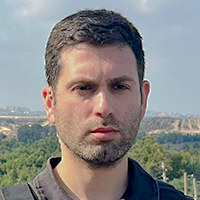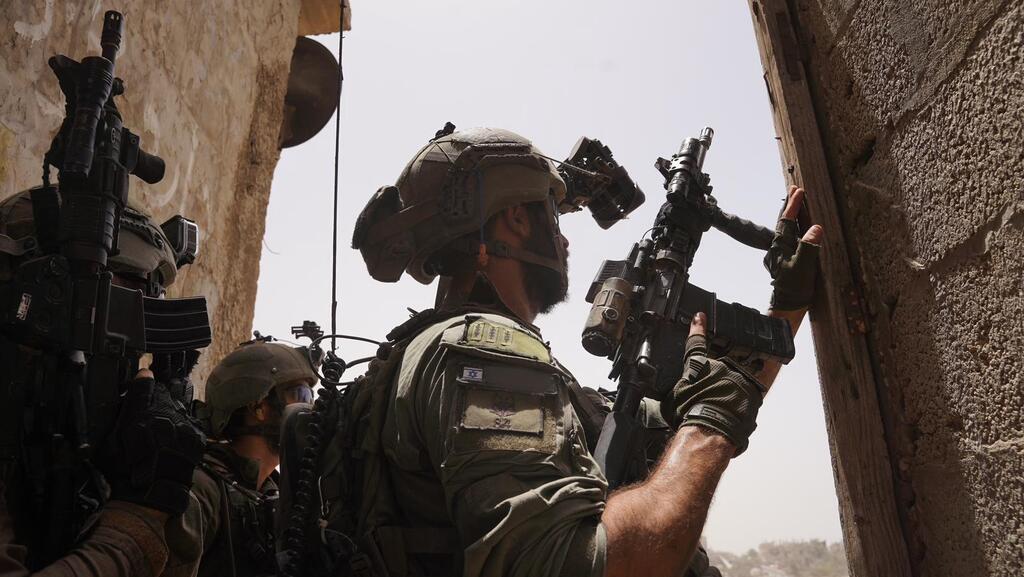Getting your Trinity Audio player ready...
Rafah operation
(Photo: IDF Spokesperson's Unit)
About two weeks after the start of the Rafah operation, forces of the 162nd Division are deepening their engagement, and the Commando Brigade has begun operating in the Brazil neighborhood on the outskirts of the city – the westernmost point reached so far by IDF forces.
The military estimates that the Rafah operation will continue for weeks to months and will proceed slowly and deliberately due to the operation's complexity and sensitivities with the United States and Egypt.
The IDF has been pleasantly surprised by the rapid evacuation of residents from the area, including neighborhoods in Rafah that were not required to evacuate. According to estimates, approximately 950,000 residents have moved to designated humanitarian zones prepared in advance, primarily in western Khan Younis and Deir al-Balah in the central Gaza Strip. "This is a testament to the credible deterrence that has been established, allowing us to operate more efficiently," the IDF said.
Additionally, the IDF has repaired water lines to the humanitarian zones as part of preparations for the incoming residents. Field hospitals and supplies of food and medicine also have been transferred to these zones. The IDF estimates that around 300,000 Gazans will remain in the Rafah area, similar to the number of residents who remained in Gaza City after the ground operation there.
Currently, four brigades are operating in the Rafah area: three regular brigades – Commando, Givati and the 401st Armored Brigade – and one reserve brigade, the 12th (Negev) Brigade, operating closer to the Israeli border. The IDF now controls approximately half of the southeastern section of the Philadelphi Corridor bordering Sinai.
"The forces are operating above and below ground, targeting terror infrastructure, locating numerous weapons, including launchers and explosives, and eliminating terrorists in the area," the IDF said in a statement. "So far, the forces have killed over 130 terrorists, located dozens of tunnels, and several significant underground routes that are currently being investigated and destroyed."
Due to the sensitivity of the situation with Cairo, Israel has established a coordination mechanism with the Egyptian military to allow the continued delicate operation. This mechanism has been functioning well on a daily basis despite Egyptian anger over footage from the start of the operation showing IDF soldiers destroying civilian infrastructure at the Rafah crossing with tanks.
The IDF is making significant efforts to avoid explosive incidents with the Egyptian military, which has moved forces closer to the border to prevent Gazans from entering Sinai. Only artillery soldiers with special training and certification for the mission are allowed to participate in this effort. Currently, artillery batteries from Battalion 55 are deployed near the Sands area, south of Kerem Shalom, and along the border with Egypt. These batteries must exercise extreme precision in shelling the Rafah area due to the proximity to Egypt.
Simultaneously, IDF raids continue in the northern and central Gaza Strip. In the last 24 hours, a brigade-level raid was launched in the Sabra neighborhood, one of Gaza City's largest, as part of the ongoing operation in the Jabaliya refugee camp. Reserve Brigade 679, also responsible for missions in the Netzarim corridor, is conducting the raid. "As part of the operation, the forces are clearing enemy infrastructure, locating underground routes, and finding weapons left in the corridor," said the IDF.









